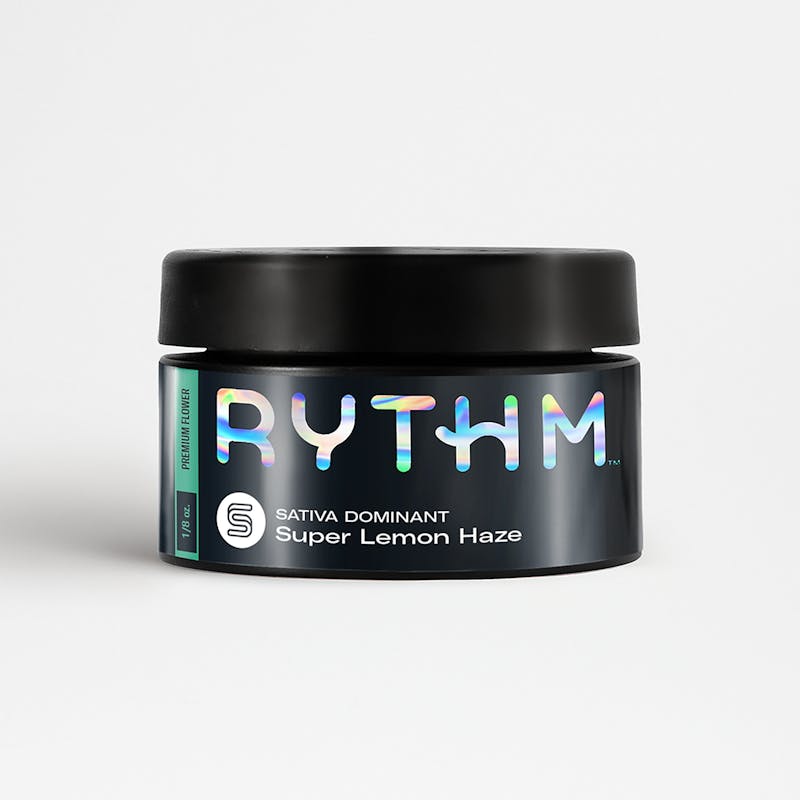Epilepsy is a neurological disorder characterized by recurrent, unprovoked seizures, affecting millions of people worldwide. While traditional treatments exist, there is growing interest in exploring alternative therapies, and one substance that has gained attention is cannabis. In this blog post, we will delve into the potential benefits of cannabis in managing epilepsy.
Understanding Epilepsy:
Before delving into the relationship between cannabis and epilepsy, it's crucial to understand the nature of epilepsy itself. Epileptic seizures occur due to abnormal electrical activity in the brain, leading to temporary disruptions in communication between brain cells. These seizures can manifest in various forms and intensities, affecting individuals differently.
The Endocannabinoid System:
Cannabis contains compounds known as cannabinoids, with the two primary ones being THC (tetrahydrocannabinol) and CBD (cannabidiol). The human body has an endocannabinoid system (ECS) that plays a crucial role in regulating various physiological processes, including mood, appetite, and sleep. The ECS consists of receptors (CB1 and CB2) that interact with cannabinoids.
CBD and Epilepsy:
CBD, a non-psychoactive cannabinoid, has garnered attention for its potential therapeutic effects on epilepsy. Several studies have explored the use of CBD in managing certain types of epileptic seizures, particularly in children with conditions such as Dravet syndrome and Lennox-Gastaut syndrome.


Mechanisms of Action:
The exact mechanisms through which CBD exerts its antiepileptic effects are not fully understood. However, it is believed that CBD interacts with the ECS, modulating the activity of neurotransmitters and reducing excitability in the brain. Additionally, CBD's anti-inflammatory and neuroprotective properties may contribute to its therapeutic potential in epilepsy.
THC and Epilepsy:
While much of the focus has been on CBD, THC, the psychoactive component of cannabis, also exhibits potential benefits in managing epilepsy. Some studies suggest that THC may have anticonvulsant properties, though the psychoactive effects may limit its widespread use in certain populations.


Considerations and Challenges:
While the preliminary findings regarding the use of cannabis in epilepsy are promising, it's essential to approach this topic with caution. Individual responses to cannabis can vary, and more research is needed to determine optimal dosages, formulations, and long-term effects. Additionally, the legal and regulatory landscape surrounding cannabis use should be considered, as it varies across regions.
This strain produces a balanced feeling, along with effects such as cerebral stimulation and full-body relaxation.
Harlequin - Cresco
Harlequin is a sativa marijuana strain renowned for its reliable expression of CBD. This strain provides clear-headed effects and the ability to relax without sedation or intoxication.
Girl Scout Cookies (GSC) - Grassroots
Super Lemon Haze is an energizing sativa strain that produces talkative and uplifting effects.
Bubba Kush - The Bank
Bubba Kush is an indica marijuana strain that has gained notoriety in the US and beyond for its heavy tranquilizing effects.
The relationship between cannabis and epilepsy is a complex and evolving field of research. While CBD, in particular, has shown promise in reducing seizure frequency, further studies are needed to elucidate the mechanisms of action and determine its long-term safety and efficacy. As research progresses, cannabis may emerge as a valuable adjunctive therapy for individuals with epilepsy, offering new hope and improved quality of life.
Some of Best Strains for Epilepsy are:
Blue Dream - Organic RemediesThis strain produces a balanced feeling, along with effects such as cerebral stimulation and full-body relaxation.
Harlequin - Cresco
Harlequin is a sativa marijuana strain renowned for its reliable expression of CBD. This strain provides clear-headed effects and the ability to relax without sedation or intoxication.
Girl Scout Cookies (GSC) - Grassroots
This popular strain is known for producing euphoric effects, followed up by waves of full-body relaxation.
Super Lemon Haze - GTI Rythm
Super Lemon Haze - GTI Rythm
Bubba Kush - The Bank
Bubba Kush is an indica marijuana strain that has gained notoriety in the US and beyond for its heavy tranquilizing effects.
The relationship between cannabis and epilepsy is a complex and evolving field of research. While CBD, in particular, has shown promise in reducing seizure frequency, further studies are needed to elucidate the mechanisms of action and determine its long-term safety and efficacy. As research progresses, cannabis may emerge as a valuable adjunctive therapy for individuals with epilepsy, offering new hope and improved quality of life.






